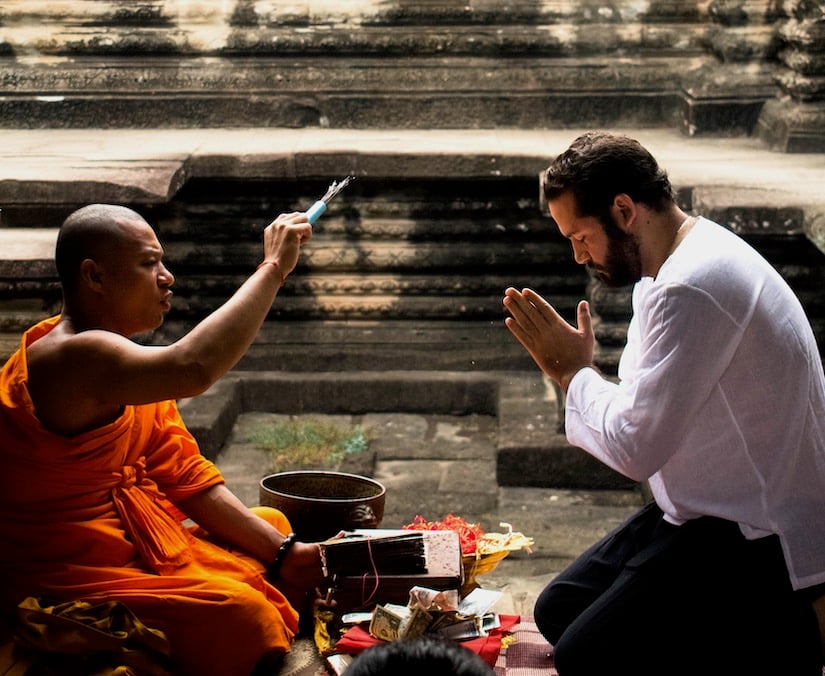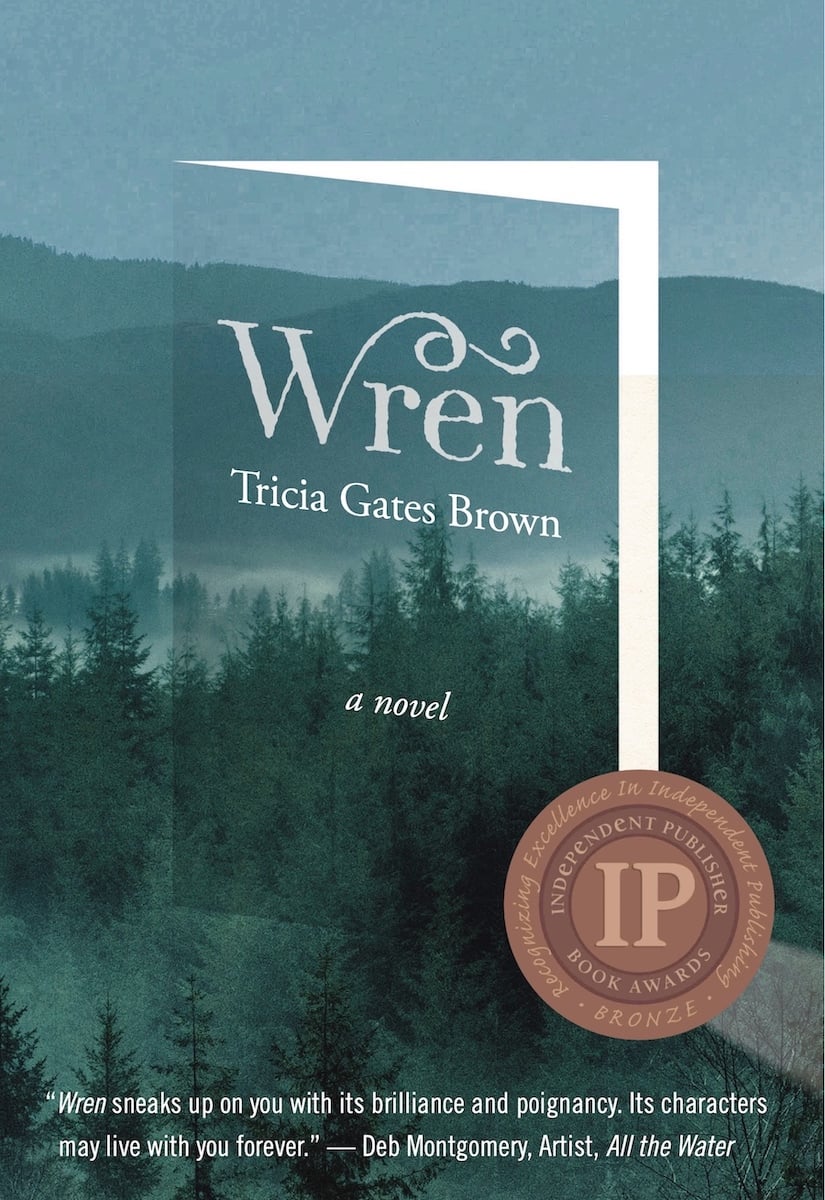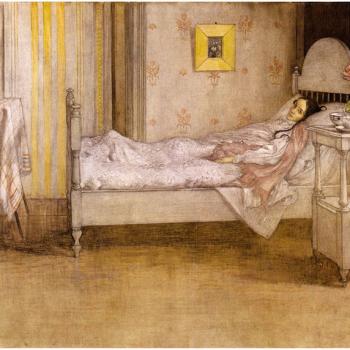
I didn’t intend to become a spokesperson for tradition. Of those who know me best, I doubt any would describe me as traditional. But along the way, I’ve become attached to the idea that we need tradition, which some find perplexing as I’m so questioning and critical of my own (Christianity ala Episcopalianism). Last month, two friends asked why I stay. The subtext of the question being: What is the use?
As my friends’ questions suggest, tradition is not well regarded or considered useful. It’s about as popular as aspic. As a collective, Westerners spent decades breaking free of religious norms and other socio-political ideologies—of formerly cherished traditions. Sure, we see a vexing rise in religious fundamentalisms and nationalism concurrent with this trend, but these movements constitute a reaction to a general trend of inching away from consciously chosen traditions.
Yet I would argue the typical American is decidedly traditional. He or she simply does not choose their traditions consciously. Humans are, by nature, traditional. We have merely come to think of ourselves as nontraditional because our traditions are largely unexamined and individual-based.
Yet we are all shaped by mega-stories telling us what it means to live a good life. These mega-stories, or meaning systems, can center around all sorts of things—even sports culture, material prosperity, raising successful kids, our jobs (click here for an Atlantic article about jobs as American religion). Our mega-stories are unifying narratives. And unifying narratives are essentially what traditions are comprised of. Yet again, few of us are consciously aware of our traditions anymore. Few recognize what master stories shape our sense of what is important, what is meaningful.
I argue that knowing one’s tradition is far more advantageous than not knowing. That’s because choosing a tradition consciously sets us free to scrutinize our tradition and debate with those within it, deciding what aspects we care to reflect in our lives. Consciously chosen traditions can also serve as counter narratives as we confront mega-stories peddled by overwhelming forces around us (think presidential administrations; corporate culture; advertising; ideological movements). In this sense, consciously chosen traditions—if they allow debate and criticism—can be liberating. I believe that choosing a tradition, examining it and wrestling with it, and letting it shape you into the kind of person you hope to be, brings freedom. This last statement hints at what is, in my opinion, the criteria for choosing a good tradition. Ask: will this tradition shape me into the kind of person I hope to be?
Some eschew tradition because the rules or strictures make them feel unfree. But I suggest the actions of allpeople are to a large extent dictated by some tradition; most simply cannot identify what that tradition is. Maybe the dominant mega-story or tradition in their lives is American reality TV, left leaning cable news, the military-industrial complex, or the history of a large, multi-generational family or immigrant group. All of these are powerful mega-narratives and meaning-making systems, and the people within them are shaped by the values, stories, and strictures of those traditions. The benefit of having a tradition consciously chosen is how we can select which strictures are meaningful and helpful to us and have an intelligent debate with our companions when they are not.
For a deeper look at how we all function as traditionalists, read “Reluctant Spokesperson {Part 2}.”


















